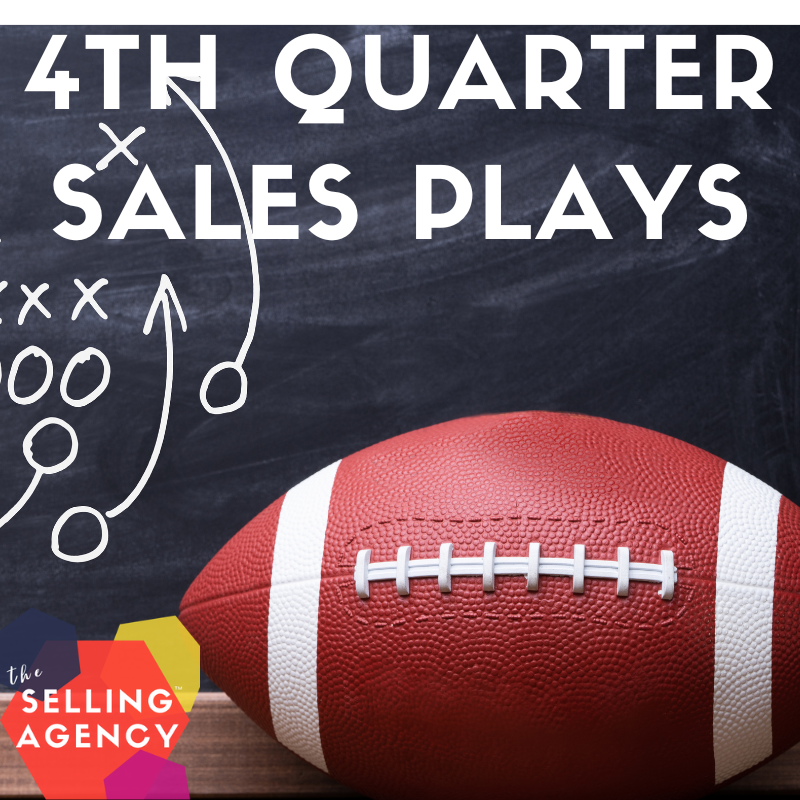“Disparaging what one cannot obtain, as in The losers’ scorn for the award is pure Sour Grapes.”
This expression alludes to the Greek writer Aesop’s famous fable about a fox that cannot reach some grapes on a high vine and announces that they are sour.
By nature, sellers are competitive. The best salespeople are naturally competitive with “topping their own efforts” as their biggest success driver. There is a healthy and reasonable thirst to be at the top of the leader board for most sellers but I have lived through and witnessed some unhealthy, cutthroat sales organizations too.
Organizations that let aggressive behaviors fester often lose excellent salespeople and end up with resentful team members and chaotic “Lord of the Flies” scenarios.
While careful hiring and diligent leadership can prevent much of this, sometimes a salesperson can “go sour” and start to undermine the productivity and prosperity of your sales team. If I look back at every sales organization I’ve been a part of over the past two decades, I can spot the sour sales rep and almost pinpoint exactly when their “Grass is always Greener” attitude set in and started dragging everyone under. In one instance, after deciding not to replace a sales rep that had left, our sales director realigned sales territories that split the geography into two parts. Very clear, very defined. I took over calling on a large banking system that my counterpart had in his territory for two years. He had produced very minimal orders from this account (around $5,000/year) and yet, I grew it to a hefty, six-figure account in one year. He, in the same breath, complained that my growth was unfair and then blamed my success on luck and timing, instead of the diligence and hard work I put into growing this business.
Luck, timing, unfairness, favoritism . . . your “Sour Grapes” Salesperson sounds and looks a lot like this:
They’re defensive about their performance, which turns to undermine someone else’s success: “Well, sure, I’d be making quota if I had that account handed to me.”
They complain and often gossip about sellers that are successful and receive praise or attention: “There goes Susan again, brown-nosing to get the best accounts.”
Price and contract terms are blamed for their results: “Management doesn’t have a clue as to what pricing our competitors are offering.”
They’re constantly grumbling about how the comp plan or territory is unfavorable towards them: “With my client base, I’ll never make bonus.”
They dissent in passive-aggressive ways, blowing off team meetings, not meeting report deadlines, withholding opinion or comments, or generally undermining leadership: “Ugh, another meeting, nothing ever happens in these. It’s just another thing to take us away from making money.”
Recognize those “Sour Grape” Sellers?
They may not have started out with this type of attitude. Maybe they thought this job would be easier. I knew a sales rep that struggled with some big personal life changes that flipped a big negative switch in them and they spiraled down into these types of behaviors. It might seem like a benign situation but not addressing and removing that conduct quickly turns into a malignant tumor.
What does this type of salesperson cost your organization?
They undermine trust with leadership. Those passive-aggressive behaviors from your Sour Grapes Seller tell your other team members that he/she doesn’t have to play by the rules as they do. If you’re a sales leader or business owner, know that your team is watching. They’re keeping tabs on how you respond. Sour Grapes come in late and leave early and aren’t called out for it? Guess what’s going to happen: your team members will either become resentful or follow suit. Either way, your productivity, and revenue will start to reflect those results.
They send mixed signals to customers. If you have a negative person or a complainer on your team, trust me when I tell you, THIS WILL END UP ON YOUR CUSTOMER’S PLATE. They’re reluctant to tell you because they often don’t want to get involved. After a sales rep left and I took over some of his accounts, one customer told me she was so relieved, the previous sales rep made our boss out to be a monster and would complain about how unfairly he was treated. She would decline or duck meetings with him and our business had dropped by 50% over the past year because she didn’t want to be put in those uncomfortable situations. People who feel they’re treated unfairly RARELY keep it quiet. If they’re complaining to coworkers, it’s only a matter of time before customers get wind of it.
They will drive out high integrity top performers. I’ve found people who push themselves to perform usually have a strong sense of personal accountability and a high sense of justice and morality. People who complain about the rules and work around the rules drive people like this crazy. I’ve often said, “I don’t care how tough the rules are. I’ll play by them as long as everyone else has to play by them too.” Leadership has an incredible responsibility to make sure the rules of engagement for their sales team are clear, defined, and respected. The integrity of your sales organization is reflected by the integrity of your salespeople. Or vice versa. If your sales operation has corrosive people in it, left unchecked, your sales operation will be corrupt. You will lose high performers if they see those that take shortcuts or don’t play by the rules are rewarded or compensated the same as they are when they are playing fair.
One salesperson with a sour attitude is a problem. A bigger problem than you may realize. That attitude is culture poison and will show up in decreased revenue, smaller customer spending, and loss of top performers.
I’ll be honest. It’s tough to turn around a Sour Grape. It’s also hard to fire them if you’ve allowed their behavior to persist. You’re better off making a plan to deal with them sooner than later, though because they will cost you dearly in the end.
How can you prevent this from happening on your sales team?
Better hiring.
Clear rules of engagement.
Strong and engaged leadership.
If you need help determining if you’ve got a Sour Grape Seller on your hands or how to prevent this in your organization, give us a shout.
Until next time, stop hoping, start SELLING!
-sks











Spot on article.
Especially the comment about leadership holding firm on rules of engagement (and holding THEMSELVES accountable for the results of the team). It is such a shame to watch high performers leave because leadership fell down on the job!
Sales organizations – get your sales leaders the training and support they need to lead their sales team! (My soapbox for the day).
Dianna Geairn
The Irreverent Sales Girl
Thanks, Dianna! This really struck a nerve. I had immediate responses this morning from clients who just knew I’d written it about them or their sales organization. Everyone recognizes those “Sour Grapes” – it’s not just in sales. Leadership is key here to not creating this environment or being complicit in fostering its growth and unfortunate fallout. I have BEEN that high performer that left because the rules of engagement were different for everyone. I didn’t want to leave but continued to feel disrespected and then jaded . . . probably making me Sour Grapes in the end.